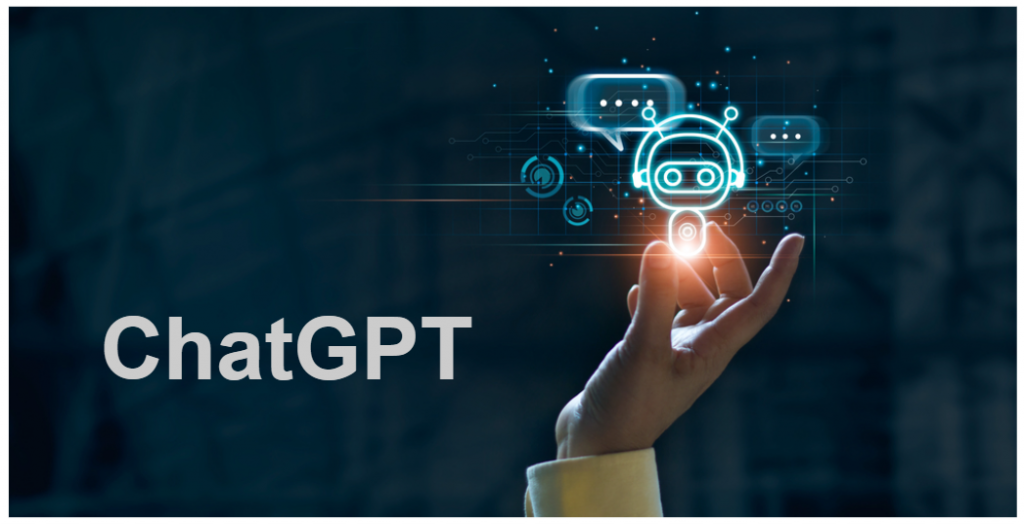
OpenAI, the company behind the popular image-generating AI models, has announced a significant shift in its content policy, relaxing restrictions on the creation of sensitive images. This move, revealed by OpenAI's Head of Model Behavior, Joanne Jang, through her blog and X posts, signals a move away from blanket rejections towards an approach focused on preventing real-world harm.
According to Jang, the updated policy will now allow users to generate images of well-known public figures, representations of hate symbols, and depictions of racial characteristics. Previously, creating images of prominent individuals like former US President Donald Trump or Tesla CEO Elon Musk was prohibited.
"We don't want to be the arbiters of who ChatGPT can and cannot generate," Jang explained, emphasizing the company's reluctance to act as a gatekeeper. Instead, OpenAI will offer users the option to opt-out if they do not wish to have their likeness generated.
The relaxation also extends to aggressive content and hate symbols. Jang cited the Nazi swastika as an example, noting that it could be used in educational or neutral contexts. Similarly, requests involving racial characteristics, such as asking for "eyes that look more East Asian" on a depicted individual, which were previously restricted, will now be permitted.
Jang argued that "outright bans can stifle meaningful dialogue and intellectual exploration." She added that OpenAI is instead "iterating on technical methods to better identify and refuse harmful misuse."
While OpenAI maintains that it will still block content promoting extremist agendas, the policy shift has already ignited concerns about the potential for the proliferation of hate speech. Technology news outlet TechCrunch has suggested that this change could mark the beginning of a "culture war" surrounding AI content moderation.
The debate surrounding AI-generated content is ongoing. Recently, OpenAI's newly launched "ChatGPT-4o Image Generation" feature faced copyright infringement accusations for producing images that mimicked the style of renowned Japanese animation studio Ghibli, highlighting the complex issues surrounding AI and creative boundaries.
[Copyright (c) Global Economic Times. All Rights Reserved.]




























